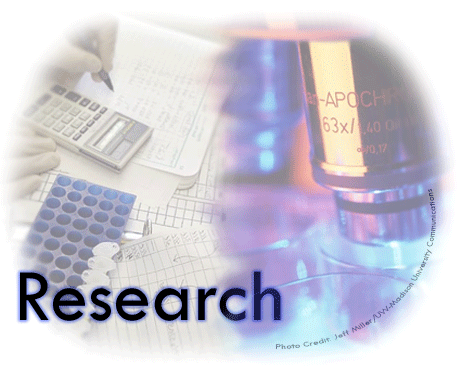On Friday I attended an all-day workshop at the
University of Queensland for Research Officers working in
NGOs. Its purpose was to build capacity for research in the Human Services
NGO sector, through building relationships between the University's researchers and the service providers/practitioners in the Human Services sector.
I don't work for an NGO, however my interest was to discover more about how research works in the Human Services sector, access to funding for research, and how that might be applied so that specific, targeted brain training becomes more accessible.
I found it a very worthwhile day, meeting people working in the NGO sector and researchers from
UQ. In particular I met people from
Synapse, the not-for-profit association supporting people with
acquired brain injury (ABI), and the
Centre of Excellence for Behaviour Support from UQ (based in Ipswich).
The latter is funded jointly with the Queensland Government to improve the quality of life for adults with intellectual or cognitive disability and challenging behaviour. This group has developed a framework for developing a comprehensive research agenda for people with intellectual disability
and challenging behaviours. I learnt that the focus of this group is on positive
behaviour support, especially for people with severe intellectual and cognitive disability. It sounded like it would be a stretch for that group to turn its attention to those with mild cognitive impairment. However, the framework for developing a comprehensive research agenda may be a good base from which to start in developing a research agenda for people with milder cognitive impairments.
Based on what I learnt from the workshop, I have drafted my own vision to improve the services available to people who fall between the cracks of 'normal' cognitive ability and
severe cognitive disability. How many people are on the disability pension, possibly on supported wage, who with some effective intervention to overcome their cognitive impairments, could move into gainful employment and eventually off, or receive reduced, government support?
My two objectives are:
Objective 1: Evidence-based brain training exercises become incorporated into best practice treatment options for cognitive impairments
Objective 2: Evidence-based best practice cognitive assessments and correlated brain training exercises become more widely accessible through online delivery
I have begun developing the compelling 'why' for various stakeholders:
- People with cogntive impairments
- Carers
- Human Services Providers/Practitioners
- Health Care Practitioners/Specialists
- Educational Services
- Government - Political
- Government - Administrative
- Employers/Business
- Community/Society
Also the How? and the Who?
I learnt that evaluation (efficacy) measures need to be determined collaboratively to incorporate user, practitioner, and researcher perspectives.
...
I wasn't at home on Friday, so no brain training happened for A-One, despite his insistence that I don't need to be there while he does it.



